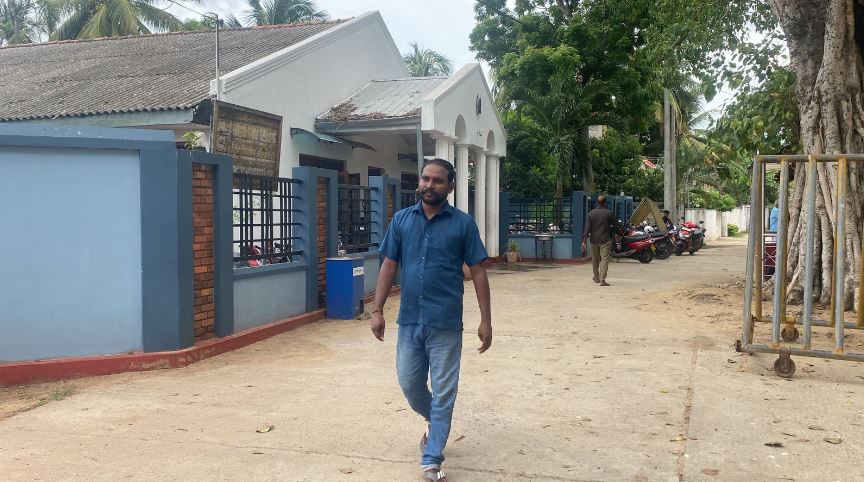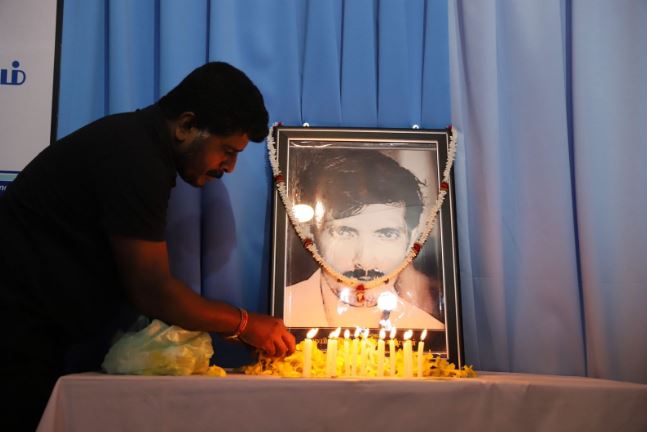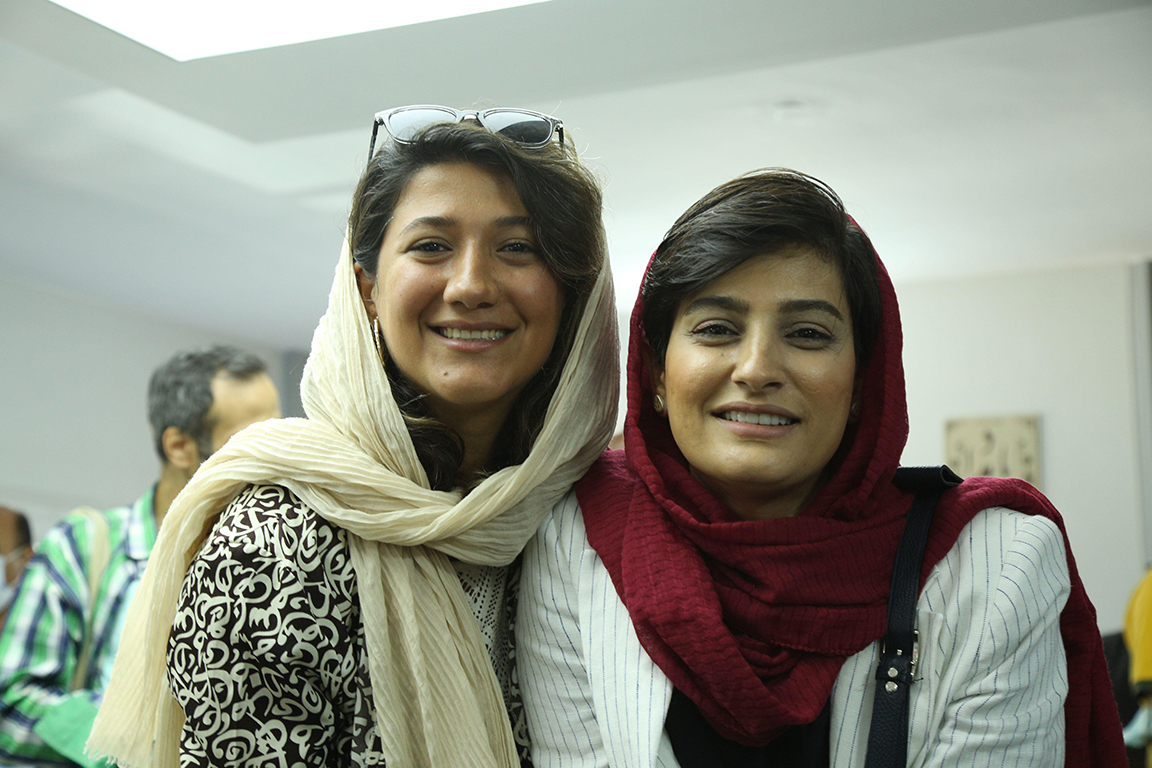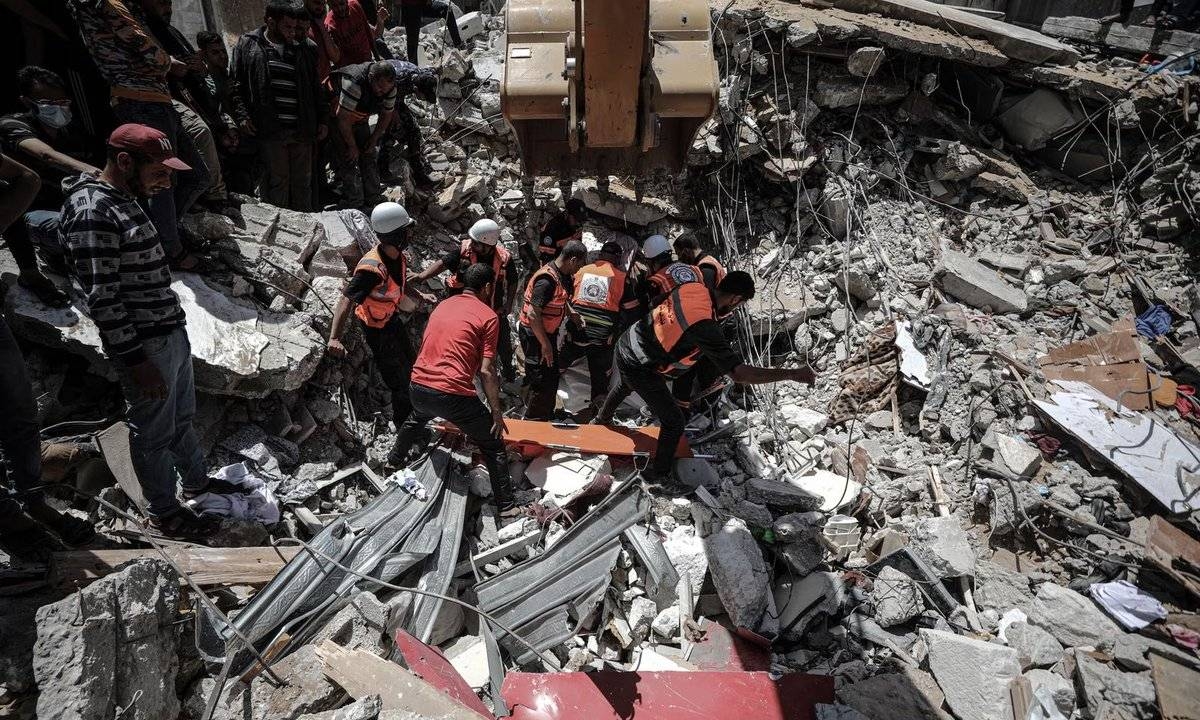
Tamil Journalist Jailed for Exposing Corruption in Sri Lanka
October 22, 2024
Sri Lanka’s Mullaitivu Press Club Urges International Probe into Journalist Killings
October 22, 20242R4KWPB Teheran, Iran. 17th Aug, 2022. Journalists Nilufar Hamedi (l) and Elaheh Mohammadi (r). The women were among the first to report on the death of Amini, a Kurdish woman, which sparked a massive wave of protest in Iran. They were arrested and branded enemies of the state. Now the trials are to begin. (to dpa-Korr Female journalists as enemies of the state - Iran's judiciary indicts) Credit: Mehrdad Aladin/dpa/Alamy Live News
October 22, 2024 – Iran –
Iran’s Revolutionary Courts have intensified efforts to silence journalists reporting on human rights and protests, notably those covering the Mahsa Amini uprising and socio-political issues. Armed with expansive “propaganda” and “national security” laws, the courts have handed down harsh sentences to several women journalists.
Two leading journalists—Elaha Mohammadi and Niloofar Hamidi—took part in covering the Mahsa Amini protests in 2022. Initially sentenced to lengthy prison terms—six years (Mohammadi) and seven years (Hamidi) plus additional charges—their sentences were revised on appeal in October 2024. Although acquitted of “collaborating with a hostile foreign government,” they were each sentenced to serve five years for national security-related offences.
Additionally, four other women journalists—Saeideh Shafiei, Mehrnoush Zarei Hanzaki, Nasim Sultan Beigi, and others—are facing up to five years behind bars, charged under Articles 500 and 610 of the Islamic Penal Code, which criminalize “propaganda against the state” and “colluding against national security” for their reporting on social inequalities and environmental issues.
Human Rights Watch has condemned these prosecutions as emblematic of Iran’s ongoing campaign to penalize journalists who report on sensitive topics by using national security statutes as a blunt instrument to suppress critical voices.
The legal crackdown reflects a troubling trend: long prison sentences, vague security charges, and repeated use of the Revolutionary Courts, aiming to deter independent journalism. These measures come as journalists increasingly expose systemic issues, from protests and governance failures to women’s rights and environmental degradation.
Iran’s actions starkly contrast with international human rights standards on freedom of expression. Press freedom advocates argue that such prosecutions rely on vague and arbitrary charges, contradicting the protections guaranteed under international law. These convictions chill media freedoms domestically and send a warning beyond Iran’s borders, where reporting dissent can lead to multi-year prison sentences.
The cases of Hamidi and Mohammadi are symbolic and instructive. They endured 17 months in prison before appeal and were finally handed five-year terms for their truth-telling. Meanwhile, dozens of journalists face similar charges and threats. Each conviction further undermines societal transparency and entrenches a climate of fear against journalism in Iran.
Reference –
https://8am.media/eng/iranian-female-journalists-sentenced-to-six-to-seven-years-in-prison/
https://www.hrw.org/news/2024/10/24/journalists-ordered-serve-five-years-prison-iran
https://www.jpost.com/middle-east/iran-news/article-825643




